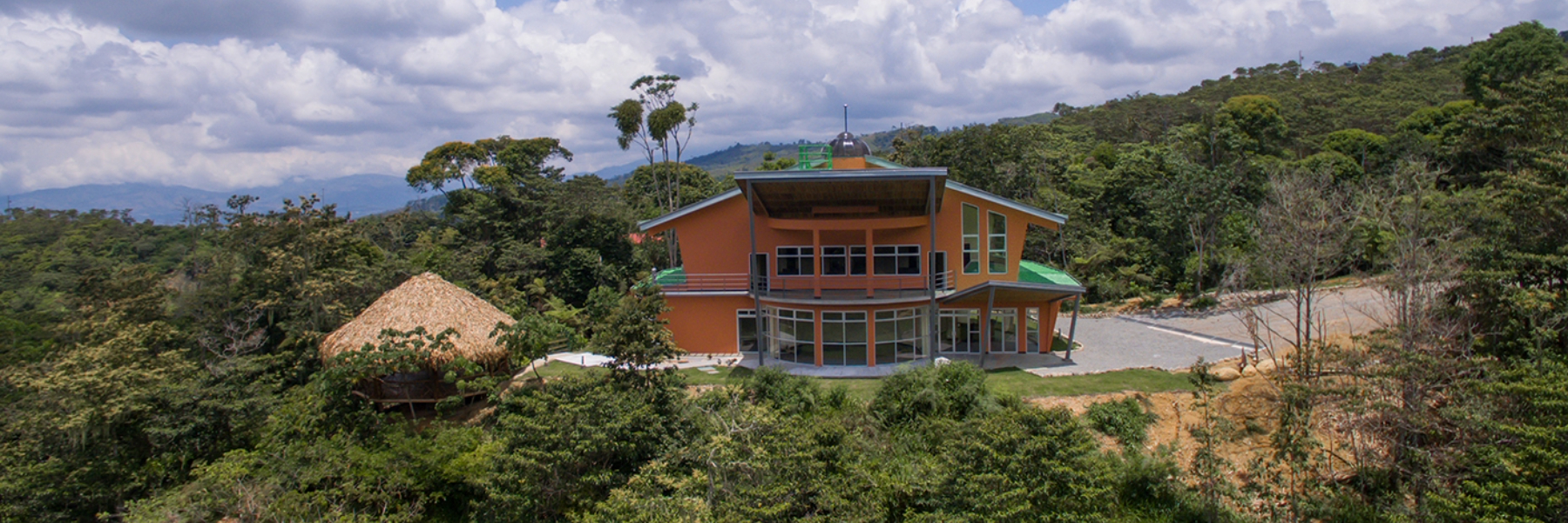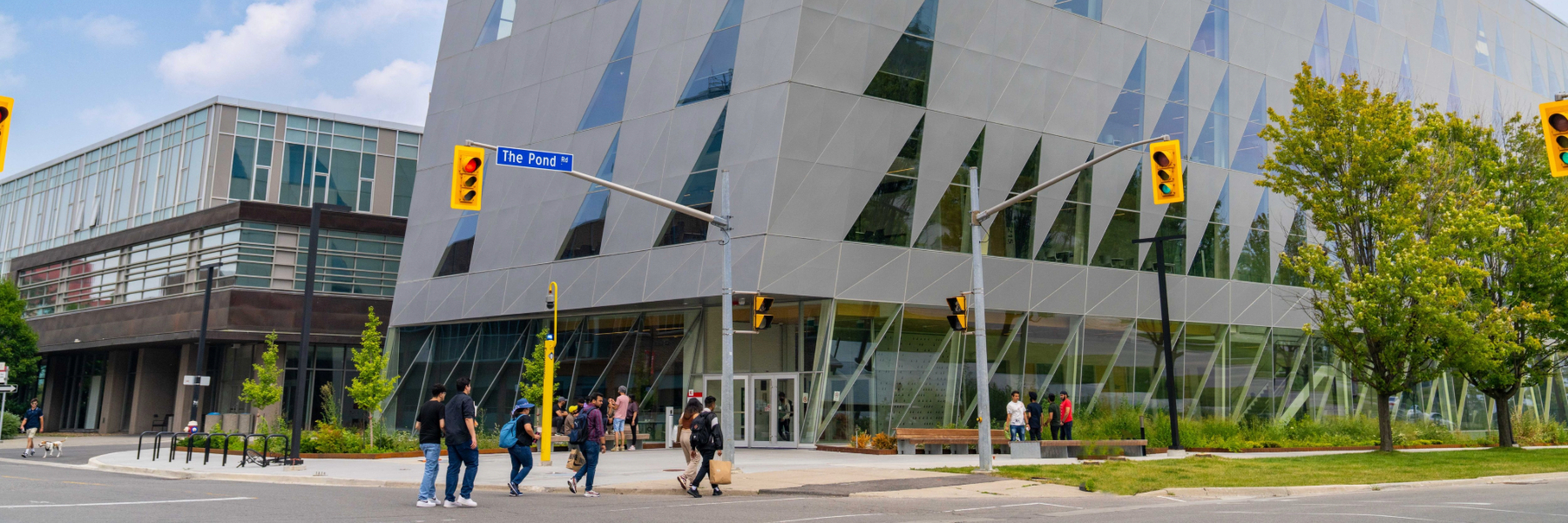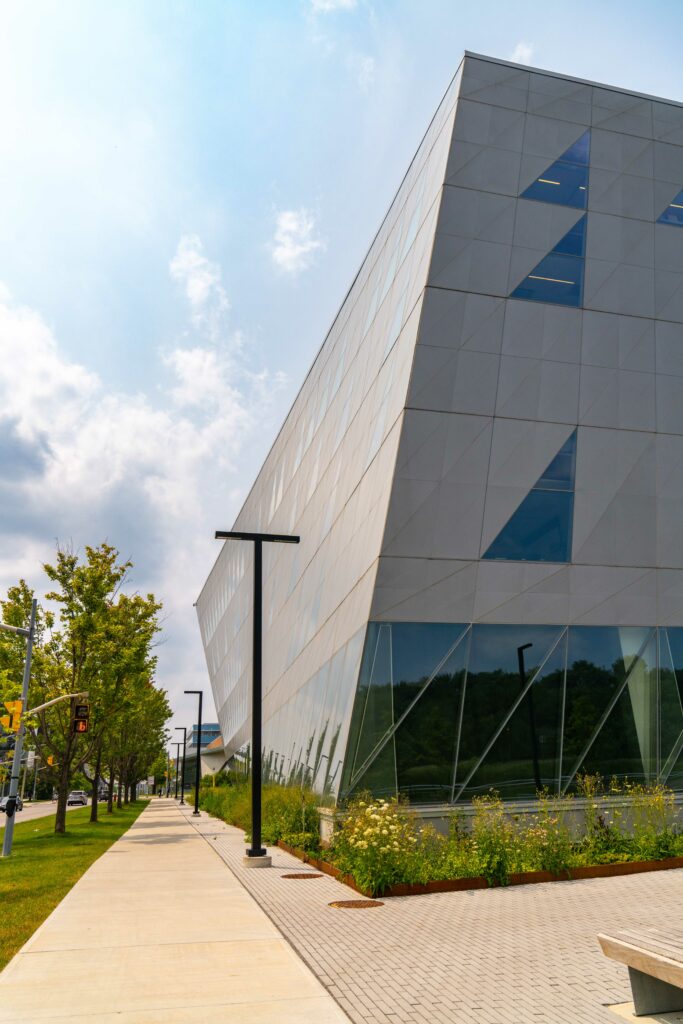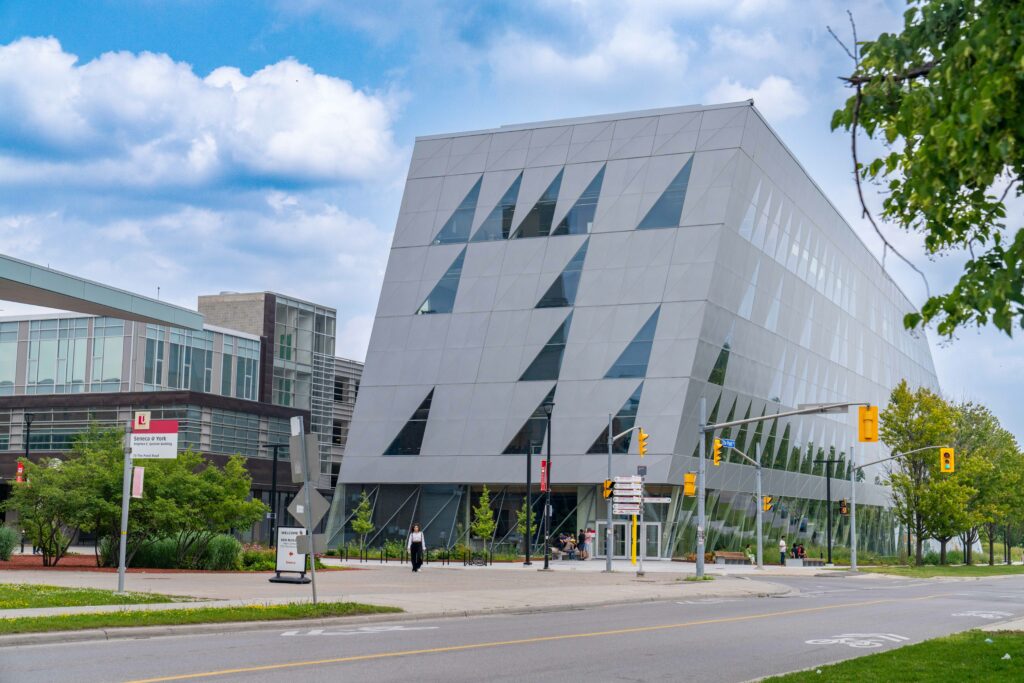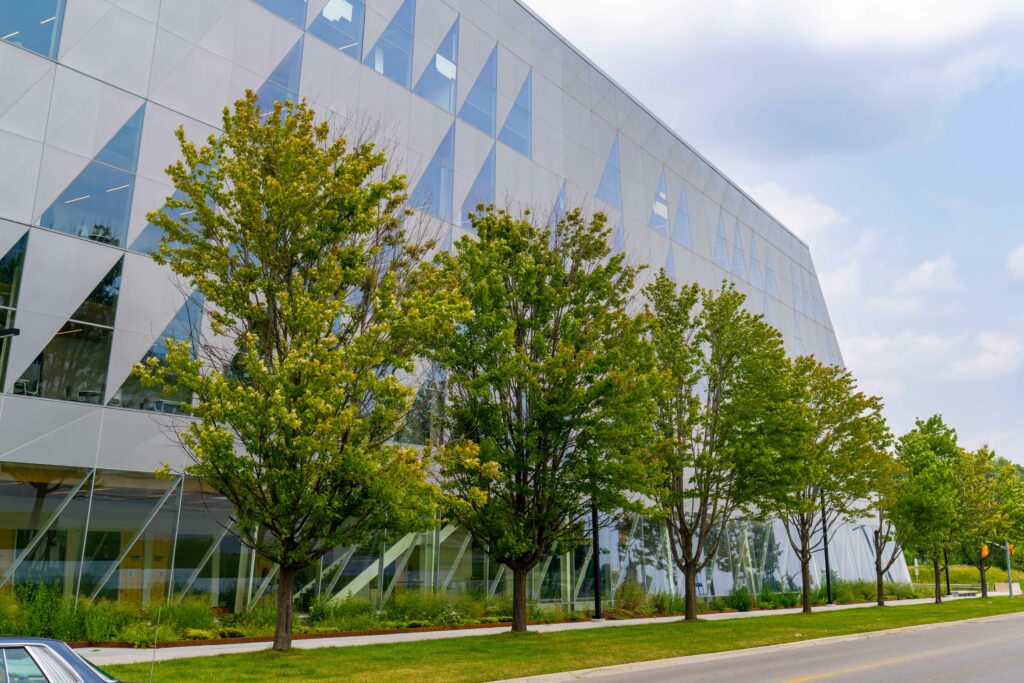In response to global challenges like climate change, pandemics, inequality and political polarization, York University continues to advance positive change through the United Nations Sustainable Development Goals (UN SDGs) with innovative thinking, groundbreaking projects and meaningful collaborations.
Introduced in 2015, the UN’s 2030 Agenda for Sustainable Development outlines 17 interconnected SDGs aimed at addressing global social, economic, and environmental issues to promote the well-being of all people and the planet.
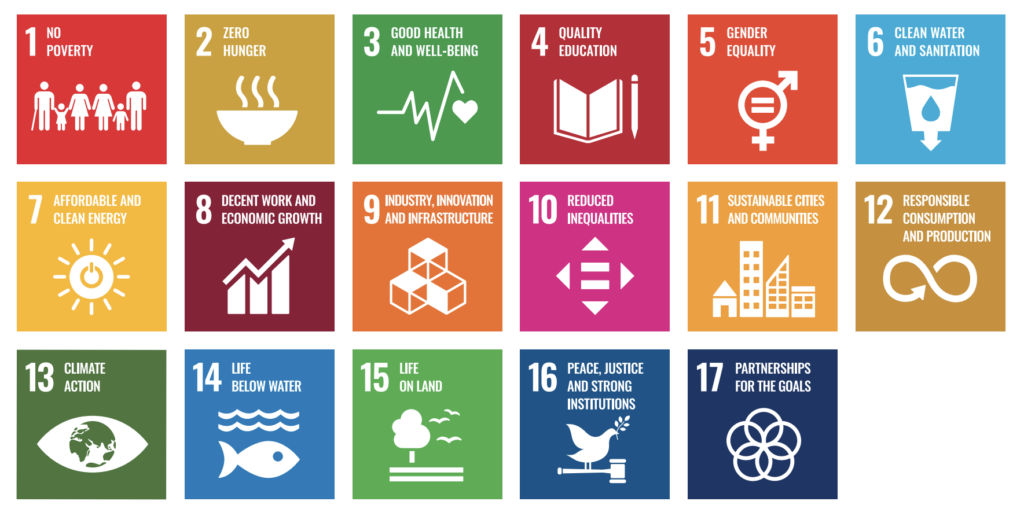
York’s University Academic Plan, which was launched in 2020, includes a commitment to enhance the University’s contributions to the SDGs. Notably, the University’s achievements in advancing the SDGs were recognized in the 2023 Times Higher Education Impact Rankings, where York was positioned among the top 40 universities globally. York placed in the top 100 in nine SDGs, with a strong standing in the following categories:
- SDG 1: No Poverty (21st in the world);
- SDG 10: Reduced Inequalities (25th in the world); and
- SDG 11: Sustainable Cities and Communities (12th in the world).
“York’s third and most recent annual report on the United Nations Sustainable Development Goals demonstrates how we are bringing positive change to communities around the world,” said Lisa Philipps, provost and vice-president academic. “Our community has demonstrated once again why our partnerships, research and academic innovation are at the centre of our success as a leading Canadian university dedicated to building a better future.”
York has prioritized ethical research practices by establishing the first wholly autonomous Indigenous Research Ethics Board at a Canadian post-secondary institution. This initiative, which addresses SDG 16: Peace, Justice and Strong Institutions, reaffirms York’s commitment to decolonizing research methodologies and amplifying Indigenous voices and perspectives in academic discourse. Indigenous knowledge is also being recognized in the context of municipal climate solutions through the creation of a Climate Change Solutions Park in the town of Penetaguishene, Ont., which is led by Faculty of Environmental & Urban Change Professor José Etcheverry.
For students, organizations like the SDG Student Hub facilitate learning and engagement with the SDGs. Events such as York Capstone Day provide platforms for students to present sustainable solutions to societal challenges.
The University is celebrating these accomplishments and more during SDG Week Canada from March 4 to 8, featuring workshops, panels, and other interactive programming to increase awareness of and engagement with the 17 SDGs. Learn more about York’s progress on the UN SDGs by visiting York’s SDG Week website and following the University on social media.


